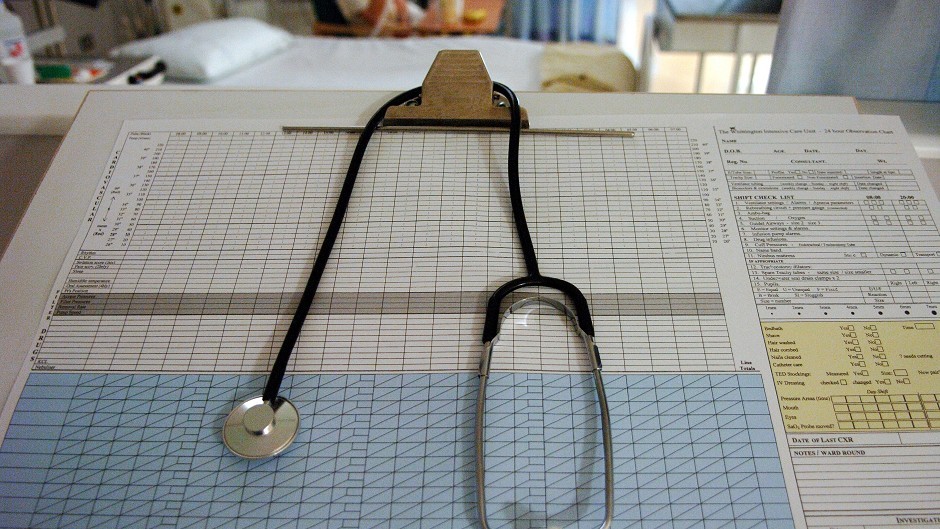The emotional impact of having a stroke has been investigated by researchers from Aberdeen University.
The first study of its kind has identified key links between strokes and the regulation of emotion that can last up to 18 months into a patient’s recovery.
Dr Clare Cooper, Health Psychology lecturer at Aberdeen University, who led the study, said: “Emotion regulation is really important for all of us, we all use it every second of every day.
“Following a stroke, patients can sometimes experience their emotions as overwhelming and feel as if their emotions are running them rather than other way round. This can seriously limit the degree to which patients are able to live their life to the fullest.”
Stroke patients were interviewed about their emotions by researchers six weeks after their strokes, and then again after 18 months of recovery.
The results of their interviews were then compared to a control group of people who had not experienced strokes in the past.
Dr Cooper said: “These findings show that following a stroke, some patients can have long-term difficulties with emotional regulation and that this may affect their ability to participate socially.
“Although more research is needed we now have a clear starting point for follow-up research to better understand how emotion regulation is affected, how we might help patients cope with this, and whether this leads to a more socially active and fulfilling life.”
The findings have been published in the British Journal of Clinical Psycholog this week.
